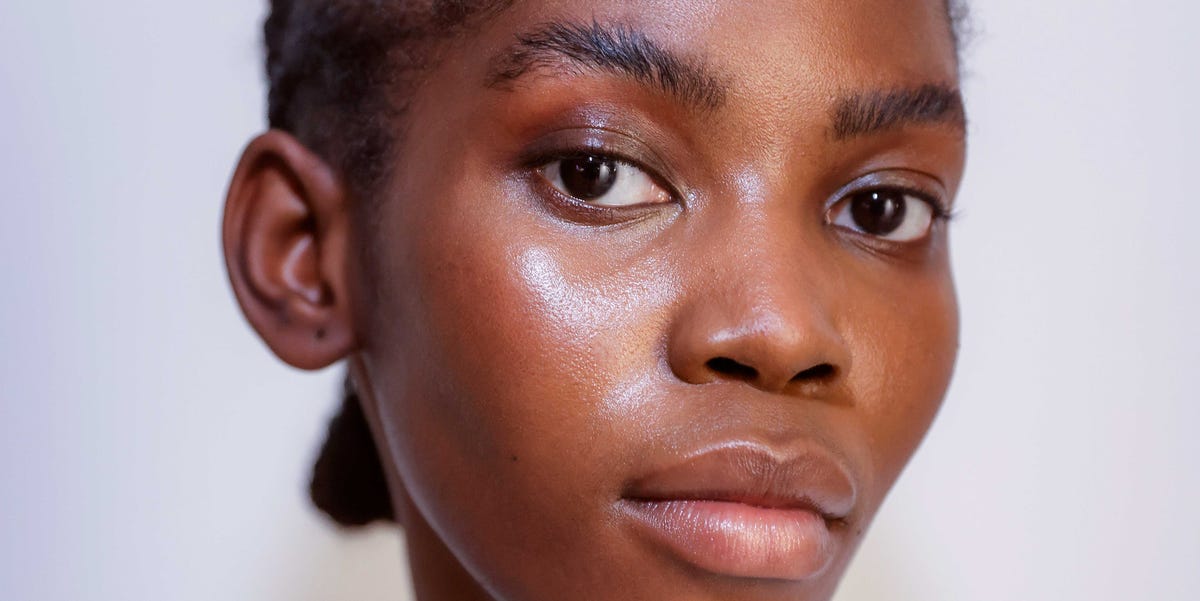What is retinol?
“Retinol is a vitamin A derivative that also exfoliates the skin to unclog pores and increase collagen production. It is the alcohol form of the derivative, and is available in stronger percentages and orally by prescription,” says Dr. Patel. The beauty of retinol is the varying strengths and versions offered, which yield different results for a gamut of skin types.
What does retinol do?
A favorite among dermatologists, retinol’s purpose is simple. “It is a tried and true ingredient that delivers what it promises in the concentrations that it is given in; it is the gold standard for a safe, effective ingredient in skincare that helps reduce fine lines and wrinkles,” Dr. Patel adds. Retinol is known as a powerful exfoliant, which “loosens the bonds between the top layer of cells and unclogs pores to help with acne, but also tricks the skin into thinking it is wounded to stimulate collagen production,” she continued. For those with oily skin, retinol also helps to shrink oil glands to reduce oil production in the skin.
What’s the difference between over-the-counter and prescription retinol?
“Prescription Retin-A and Tretinoin and over-the-counter retinol increase skin cell turnover and stimulate collagen synthesis,” explains Chwalek. “With consistent use of a topical retinol or Retin-A you can see improvement of fine lines, dark spots, texture, and tone.”
While an OTC retinol (0.5%-2% concentration) isn’t quite as effective or speedy as prescription strength, it’s less likely to cause irritation, redness, and peeling so better for anyone with sensitive or drier skin. But, proceed with caution.
How should you use retinol?
Dr. Idriss recommends adding retinol into your skincare routine slowly and gradually. “I would start with one night a week to see how your skin reacts before adding a second night a week and so forth,” explains Dr. Idriss. “If you find yourself to be extremely sensitive, then apply your moisturizer before your retinol in order to make it a little less irritating.”
Are retinol alternatives effective?
There are also naturally derived retinol alternatives like rosehip seed oil, chicory root oligosaccharides, and tara tree gum, but Chwalek cautions that there are no studies to prove efficacy for them

